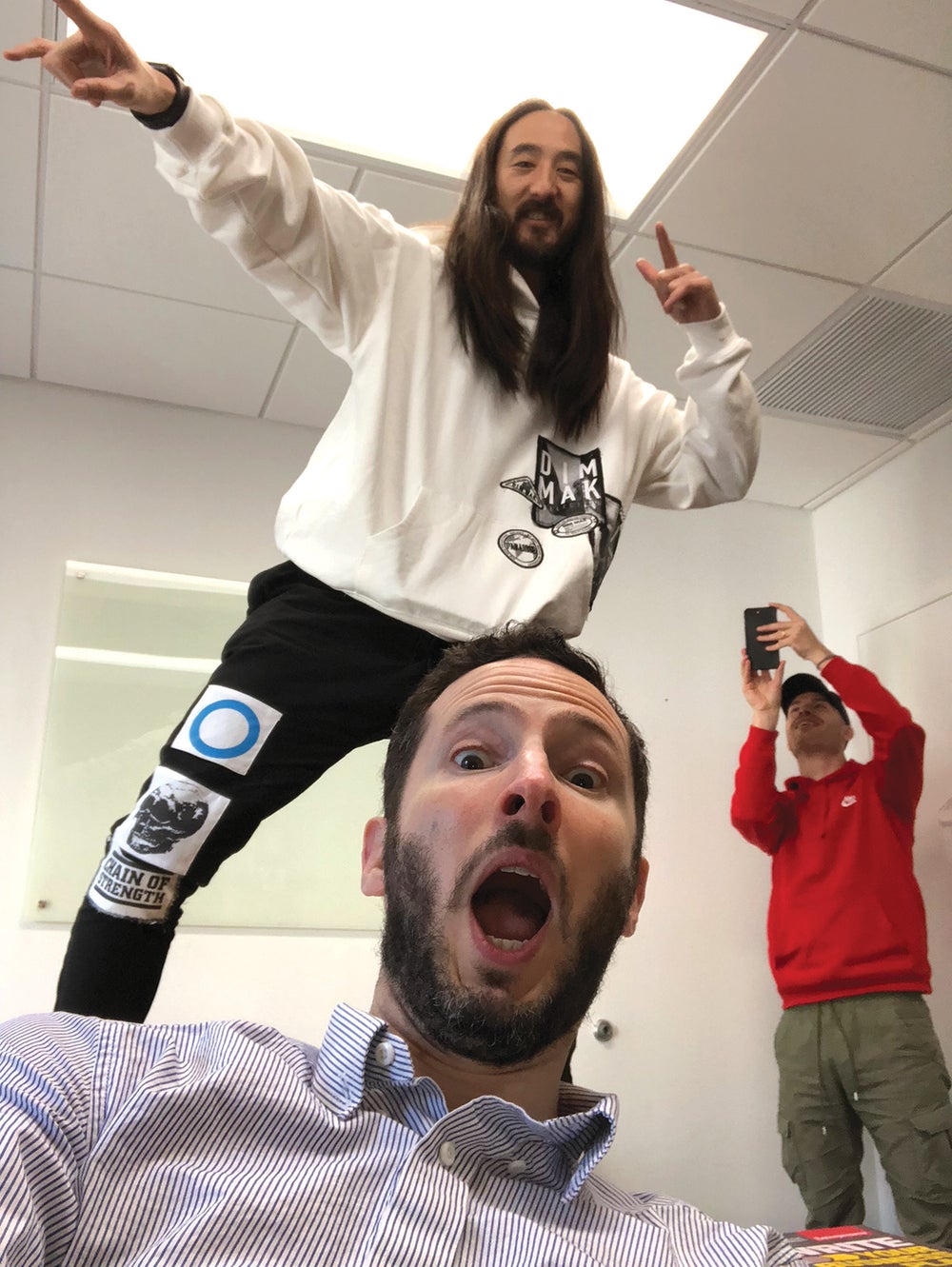Want to Be More Memorable to People? Ask Yourself This One Thing.
Sometimes less is more.
This story appears in the December 2022 issue of Entrepreneur. Subscribe »
There’s a thing that most of us do: Whenever we get someone’s attention, we go into what I like to call “Density Mode.”
We think in ideas per second, and value per word. If we have a minute of someone’s time, we’ll talk fast to squeeze in more facts. If we’re giving a presentation, we’ll stuff it full of charts and graphs.
But consider this: What if, no matter what, your audience will only remember one thing you said or did?
If you knew that ahead of time, how might it change your approach?
I can tell you — because I’ve been operating under this assumption for years.
Related: How Talking Less Could Land You Your Next 6-Figure Job
I first thought about it in 2011, as my wife and I planned our wedding. We were caught up in a million little decisions, so I thought back to what I remembered from other people’s weddings. I realized it wasn’t much — maybe just one or two memories per event.
If that’s the case, I realized, then most of our attendees would only remember one or two things from our wedding. What did I want them to be? I decided on two: the vows (we wrote them ourselves), and a surprise flash-mob dance to Michael Jackson’s “Thriller” that we organized with some friends. (The wedding was around Halloween.) All other details then felt less important.
A few years later, I realized that this thinking applies to my work, too. It happened while chatting with a major podcaster who makes a highly-produced, intricate show. “When I’m working on an episode,” he told me, “I’m looking for the one thing listeners will remember. When I find it, that’s when I know it’ll be successful.”
As I thought about it more, I was amazed at how true this holds. I’ll read an entire book, and think it was worthwhile because of a single fact I retained. I’ll watch a 45-minute presentation and recall a single idea. Years ago, I met world-famous DJ and entrepreneur Steve Aoki in my office — and out of nowhere, he jumped up on my desk to take a photo. Here it is:

That fond memory stuck with me, even though the content of our conversation did not — and now, years after that meeting, it sparked my enthusiasm for having him on our cover.
So, how can we all put this idea to use? Simple: Instead of slamming people with stuff they won’t remember, carefully illuminate the one thing they will. It begins by knowing what they really want.
Talking to a customer? Nobody wants a lengthy sales pitch; they just want to know how you solve their problem. Pitching an investor? Avoid the weeds, and hit them with the opportunity they can’t ignore.
Related: 5 Strategies for Standing Out and Making Lifelong Connections
Now I do this myself. Whenever I give a keynote, for example, I go in with an assumption: My audience is exhausted. They’ve sat through hours of programming and their heads are stuffed. That’s why I built a talk where, over 45 minutes, I share only a few big ideas and tell stories to make them memorable. Afterward, people thank me for keeping it breezy, and tell me the one thing they took away.
Whenever I go into a high-pressure meeting, I think about the singular thing people want from the interaction. Maybe it’s just to get a feel for me, or for Entrepreneur. Maybe it’s a specific insight, or a sense that, Yes, this is someone we can work with. Whatever that is, I lean into it — and think of everything else as supporting that main takeaway.
I even use this mentality when I’m writing. This column, for example: It’s roughly 700 words long, and it contained one idea. My examples made it feel real, but my goal is for you to remember one thing…and hopefully to remember that it came from me.
That’s what success looks like: It starts small, but it’s built to last.
There’s a thing that most of us do: Whenever we get someone’s attention, we go into what I like to call “Density Mode.”
We think in ideas per second, and value per word. If we have a minute of someone’s time, we’ll talk fast to squeeze in more facts. If we’re giving a presentation, we’ll stuff it full of charts and graphs.
But consider this: What if, no matter what, your audience will only remember one thing you said or did?





